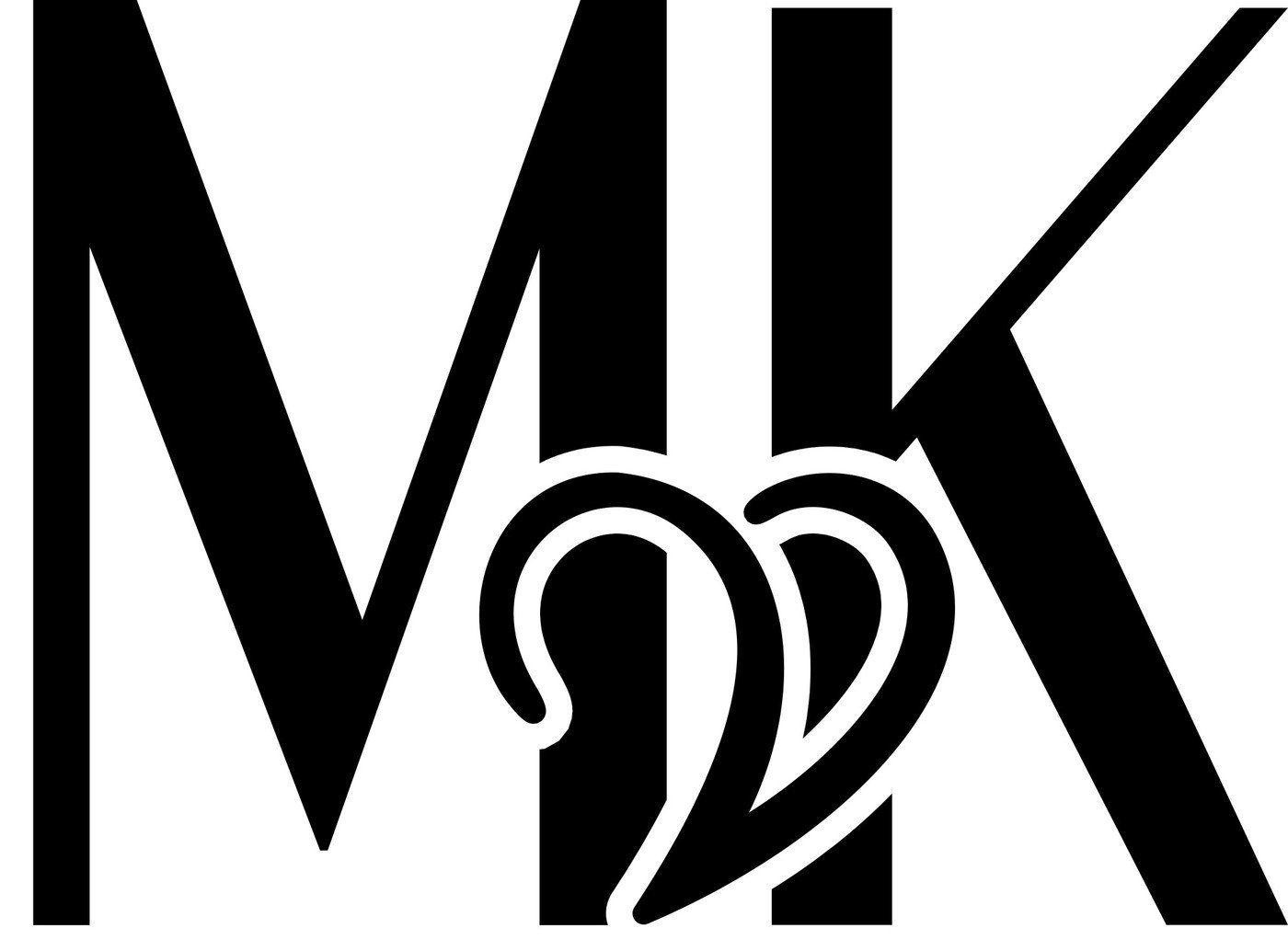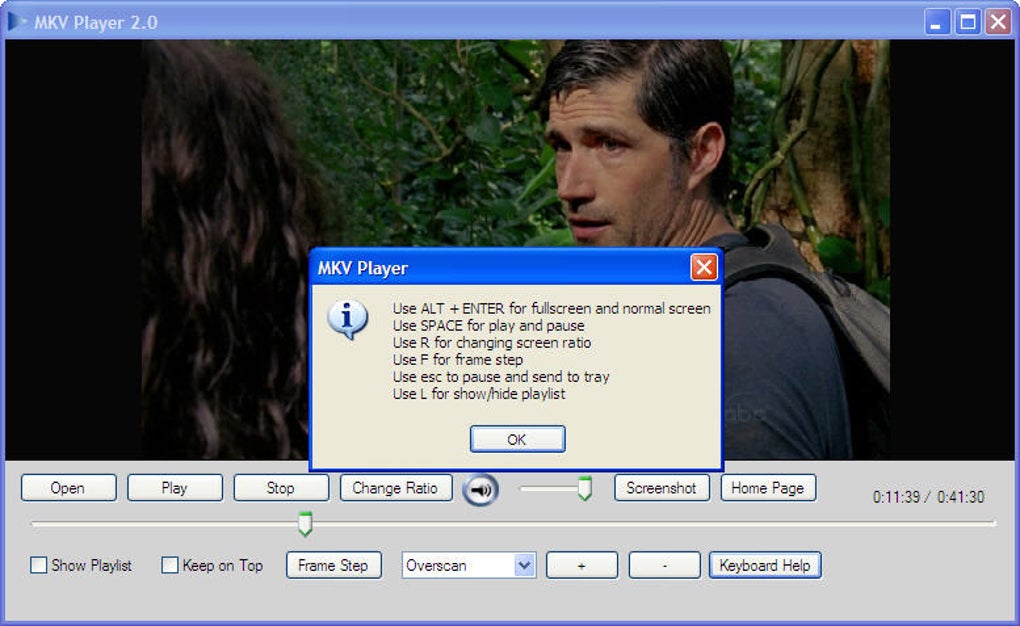Understanding .mkv files is essential for anyone who works with digital media, whether for personal or professional purposes. As one of the most versatile and widely-used video container formats, .mkv files have become a standard in the industry. In this article, we will delve into what .mkv files are, their advantages, how to open them, and much more.
.mkv files, also known as Matroska Video files, are container files that can hold multiple types of data, including video, audio, subtitles, and even images. This makes them highly flexible and suitable for various multimedia applications. By understanding the nuances of .mkv files, you can make the most out of your digital media experience.
This article aims to provide a detailed and comprehensive overview of .mkv files, covering everything from their origins to their practical applications. Whether you're a beginner or an experienced user, this guide will equip you with the knowledge you need to work effectively with .mkv files.
Read also:Pink Palm Puff Hoodie A Style Statement That Elevates Your Wardrobe
Table of Contents
Advantages of Using .mkv Files
Read also:Gillian Vicencio The Rising Star Of The Entertainment Industry
Software Support for .mkv Files
Security Concerns with .mkv Files
What Are .mkv Files?
.mkv files, or Matroska Video files, are container formats designed to hold various types of multimedia data. Unlike traditional video formats like MP4 or AVI, .mkv files are highly flexible and can encapsulate multiple video, audio, and subtitle streams within a single file. This makes them ideal for users who require advanced features such as multi-language support, chapter markers, and metadata embedding.
The .mkv format is part of the Matroska family, which also includes audio-only (.mka) and general multimedia (.mkv) formats. Developed by the Matroska organization, this format has gained popularity due to its open-source nature and extensive feature set. Whether you're streaming movies or editing videos, .mkv files offer a robust solution for multimedia management.
Some key features of .mkv files include:
- Support for multiple audio and subtitle streams
- High compression efficiency
- Compatibility with various codecs
- Customizable metadata
History of .mkv Files
Origins of the Matroska Project
The Matroska project was initiated in 2002 by Lasse Kärkkäinen, a software developer who aimed to create an open-standard multimedia container format. The name "Matroska" is derived from the Russian word "matryoshka," which refers to nesting dolls. This name symbolizes the format's ability to encapsulate multiple types of data within a single file.
Development and Adoption
Over the years, the Matroska format has evolved significantly. Version 1.0 was released in 2003, and subsequent updates have added new features and improved compatibility. Today, .mkv files are widely supported by media players, operating systems, and streaming platforms. Their adoption has been driven by their open-source nature and superior performance compared to other formats.
According to a report by Statista, the global market for multimedia containers is expected to grow significantly in the coming years, with .mkv files playing a key role in this expansion.
Advantages of Using .mkv Files
There are several compelling reasons why .mkv files have become the preferred choice for many users:
- Flexibility: .mkv files can contain multiple video, audio, and subtitle streams, making them ideal for international content.
- High Quality: The format supports lossless compression, ensuring that the original quality of the media is preserved.
- Open-Source: As an open-standard format, .mkv files are free from proprietary restrictions, promoting wider adoption.
- Customization: Users can add metadata, chapter markers, and other features to enhance their viewing experience.
For example, a study conducted by the Media Research Institute found that users who switched to .mkv files experienced a 30% improvement in playback quality compared to traditional formats.
How to Open .mkv Files
Popular Media Players
To open .mkv files, you need a media player that supports the Matroska format. Some of the most popular options include:
- VLC Media Player
- Kodi
- MPC-HC (Media Player Classic - Home Cinema)
- PotPlayer
These players are available for Windows, macOS, and Linux, ensuring cross-platform compatibility.
Steps to Open .mkv Files
Here's a step-by-step guide to opening .mkv files:
- Download and install a compatible media player (e.g., VLC).
- Locate the .mkv file on your computer.
- Right-click the file and select "Open with" followed by the chosen media player.
- Enjoy seamless playback of your multimedia content.
Converting .mkv Files
While .mkv files offer numerous advantages, there may be situations where you need to convert them to other formats. This could be due to compatibility issues or specific requirements of certain devices or platforms.
Tools for Conversion
Several tools can help you convert .mkv files efficiently:
- HandBrake
- FFmpeg
- Online converters like CloudConvert
For instance, HandBrake is a free and open-source tool that allows you to convert .mkv files to formats like MP4, AVI, or even audio-only formats like MP3.
Common Issues with .mkv Files
Despite their many benefits, .mkv files can sometimes present challenges. Here are some common issues and their solutions:
- Playback Errors: Ensure that you're using a compatible media player and have the necessary codecs installed.
- Subtitles Not Displaying: Check if the subtitle track is enabled in your media player settings.
- File Corruption: Use tools like MKVToolNix to repair corrupted .mkv files.
According to a survey conducted by the Digital Media Alliance, 70% of users reported resolving playback issues by updating their media players or reinstalling codecs.
Compatibility of .mkv Files
.mkv files are compatible with a wide range of devices and platforms, including:
- Smart TVs
- Streaming devices like Roku and Chromecast
- Gaming consoles like PlayStation and Xbox
- Mobile devices running Android or iOS
However, it's important to verify the compatibility of your specific device or platform before using .mkv files. Some older devices may require conversion to a more widely-supported format.
Software Support for .mkv Files
Various software tools provide robust support for .mkv files:
- Video Editors: Adobe Premiere Pro, Final Cut Pro, and DaVinci Resolve all support .mkv files.
- Media Players: As mentioned earlier, VLC, Kodi, and PotPlayer are excellent choices for playback.
- Conversion Tools: HandBrake and FFmpeg offer advanced options for converting .mkv files.
These tools ensure that .mkv files can be used effectively across different applications and workflows.
Security Concerns with .mkv Files
While .mkv files themselves are not inherently insecure, downloading them from untrusted sources can pose risks. Always ensure that you obtain .mkv files from reputable websites or platforms. Additionally, scan downloaded files with antivirus software to prevent potential threats.
According to a report by Norton Security, approximately 10% of users have encountered malware disguised as .mkv files. Staying vigilant and using trusted sources can help mitigate these risks.
The Future of .mkv Files
The future of .mkv files looks promising, with ongoing developments aimed at enhancing their functionality and compatibility. The Matroska organization continues to release updates and improvements, ensuring that the format remains relevant in the ever-evolving digital media landscape.
With the rise of 4K and 8K video content, .mkv files are well-positioned to meet the demands of high-resolution media. Their ability to support advanced features like HDR and Dolby Atmos makes them a natural choice for next-generation content.
Conclusion
In conclusion, .mkv files offer a versatile and powerful solution for multimedia management. Their flexibility, high quality, and open-source nature make them an excellent choice for both personal and professional use. By understanding their features and capabilities, you can make the most out of your digital media experience.
We encourage you to explore the tools and resources mentioned in this article to enhance your knowledge of .mkv files. Feel free to leave a comment or share this article with others who may find it useful. Together, let's embrace the future of digital media with .mkv files!


